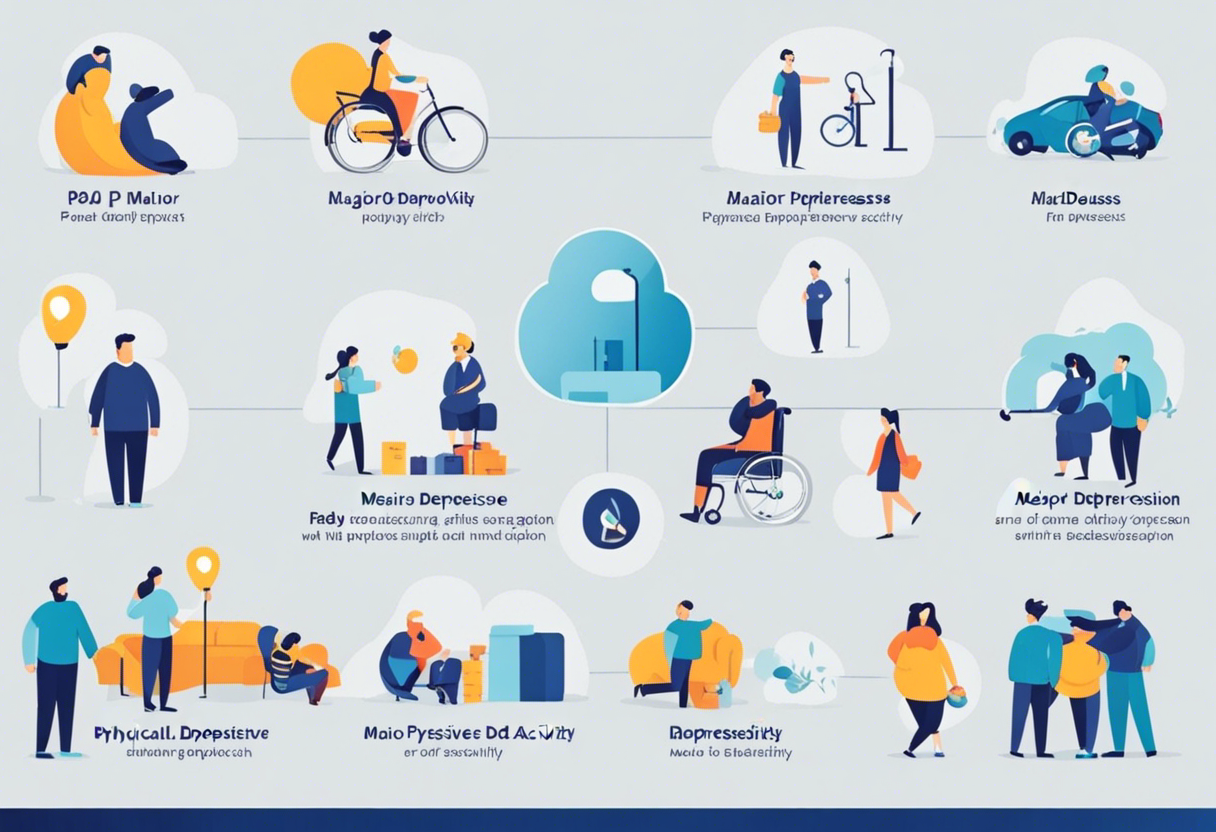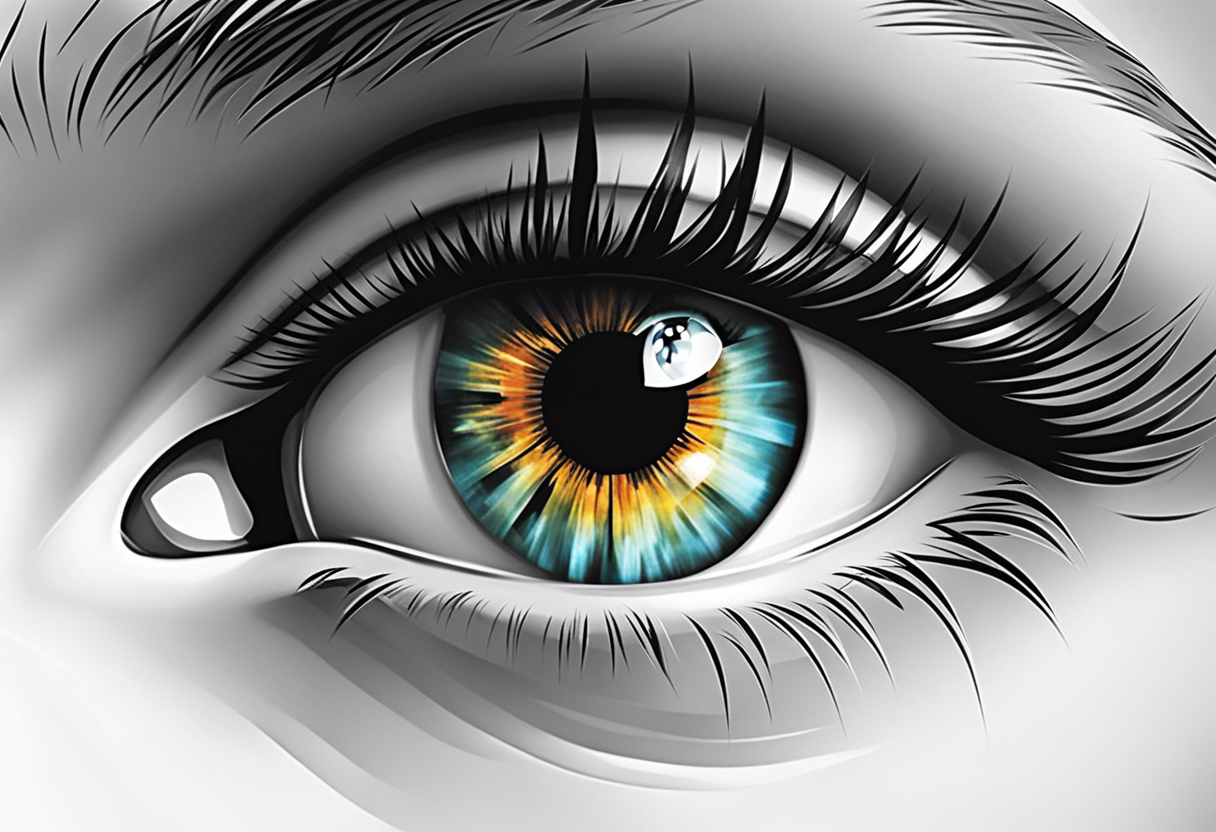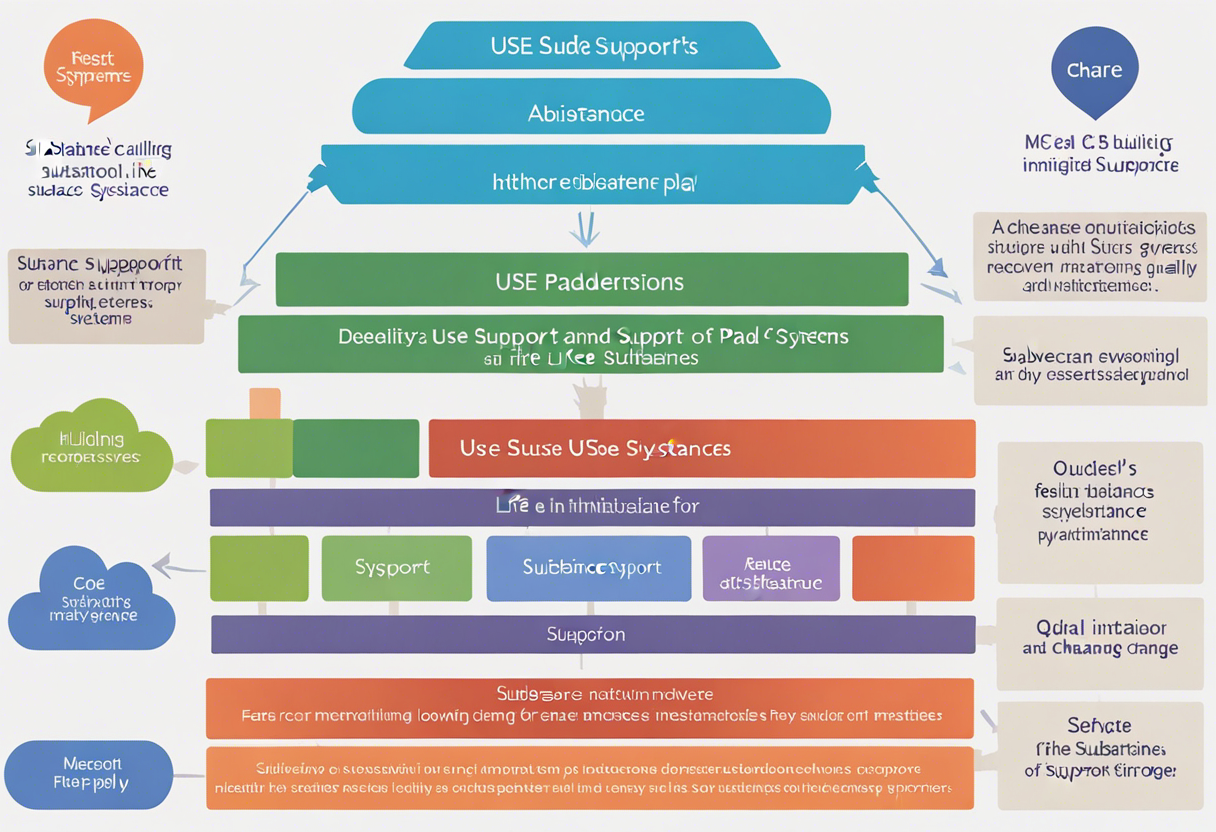Five Mental Health Challenges We Face Today and Strategies to Triumph Over Them Without A Hiccup
Anxiety disorders rule the roost when it comes to the mental health challenges prominent in today's world. Ranging from generalized anxiety disorder to severe panic disorder, these ailments have grown in prevalence, affecting people irrespective of age or socioeconomic status. The constant rush of life, apprehensions about the future, and the culture of being 'always-on' largely contribute to this unenviable surge.
Mindfulness practices provide a neat solution to this challenge. They help individuals stay focused on the here and now, thereby reducing the tendency to worry excessively about future events that might or might not occur. Techniques like focused breathing, body scans, or even simple activities like mindful eating can prove beneficial. Regular practice of mindfulness enhances the ability to experience life as it unfolds, reducing anxious reactions to future uncertainties.
Emphasizing the scientific aspect, studies have shown that mindfulness significantly reduces symptoms of anxiety. A practice like mindfulness meditation activates the part of the brain that deals with executive functioning while relaxing the area that causes anxiety. Thus, mindfulness not only combats anxiety but also provides vast benefits to cognitive function.
Major Depressive Disorder and Physical Activity

Major depressive disorder is leading in the list of causes for disability. The debilitating symptoms include a consistent feeling of sadness and despair or a complete lack of interest in all activities, rendering the sufferer incapable of leading a productive life.
Physical activity established as an effective strategy against depression, it helps regulate mood, sleep, and stress. Regular exercise might seem daunting to someone dealing with depression, but even light activities like walking or gardening could induce beneficial changes.
Scientifically, physical activity stimulates the release of endorphins, 'feel-good' chemicals, which elevate mood and provide a sense of wellbeing. Exercise also helps distract from the cyclical negative thought patterns that plague a depressed mind.
Eating Disorders and Cognitive Behavioral Therapy (CBT

Eating disorders, unfortunately, have been on the rise. Many factors may trigger them, including body image issues, societal pressures, or control issues, manifesting as anorexia nervosa, bulimia nervosa, or binge-eating disorder.
Cognitive-Behavioral Therapy (CBT) is a popular and successful strategy for overcoming eating disorders. It involves recognizing and addressing distorted thoughts and behaviors related to food, body image, and self-esteem.
Over sessions with a therapist, individuals gradually unlearn harmful behaviors and replace them with healthy coping mechanisms. CBT has found great success in rectifying the distorted thinking that fuels eating disorders.
PTSD (Post-Traumatic Stress Disorder) and EMDR (Eye Movement Desensitization and Reprocessing

Post-Traumatic Stress Disorder (PTSD) is a mental health condition that develops in response to experiencing or witnessing a traumatic event. It's characterized by flashbacks, nightmares, and intense anxiety that can interfere with day-to-day life.
Eye Movement Desensitization and Reprocessing (EMDR) is an established psychotherapy technique for dealing with PTSD. It assists in reducing the intensity of traumatic memories through a process that involves recalling distressing events while receiving bilateral sensory input, such as side-to-side eye movements.
EMDR has been found to reduce symptoms of PTSD effectively, aiding individuals in regaining control over their lives without continually reliving past trauma.
Substance Use Disorders and Support Systems

Substance use disorders, such as alcoholism or drug addiction, can rapidly deteriorate an individual's quality of life. These disorders, often linked to self-medication for mental health issues, can lead to severe physical health problems and social repercussions.
Building strong support systems can play a crucial role in overcoming substance use disorders. Formal support groups, like Alcoholics Anonymous (AA), provide platforms for individuals to share experiences and glean from each other's journeys towards recovery.
Also, supportive friends and family can encourage positive behaviors, help access professional resources, and foster hope, all critical in the journey away from substance abuse. Building such empathetic networks can greatly improve chances of long-term recovery.
The science behind the effectiveness of support systems lies in our natural human propensity towards social connection. Feeling loved and understood can instigate intrinsic motivation for change—vital for overcoming addiction.